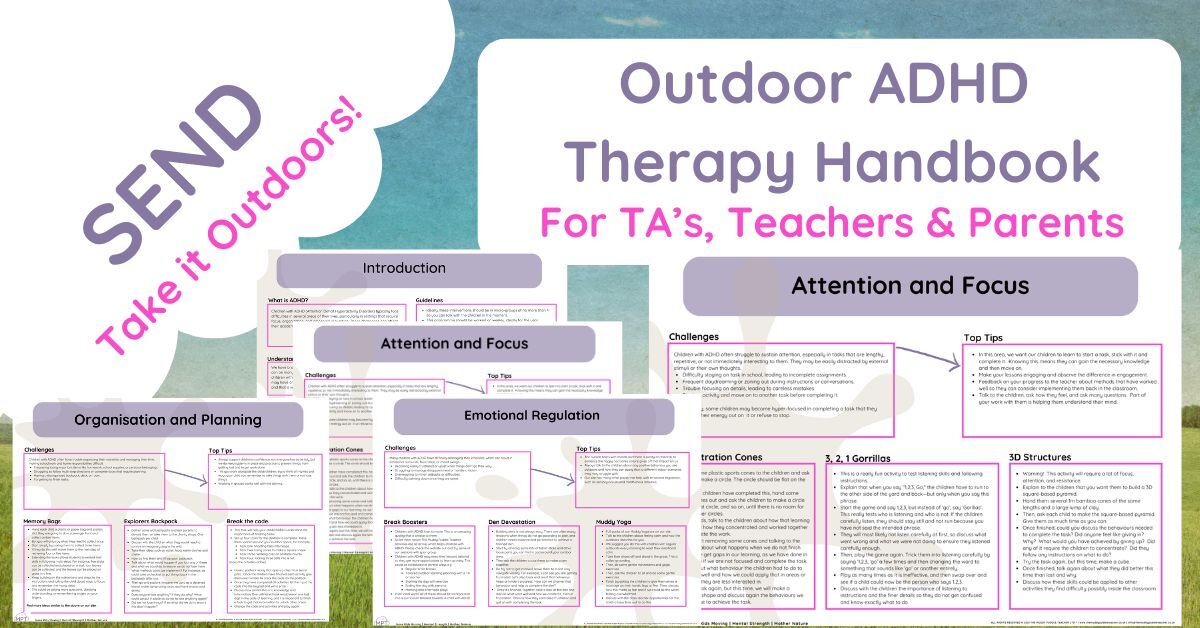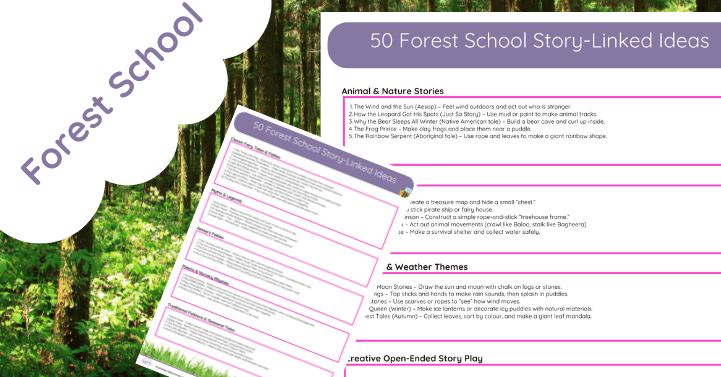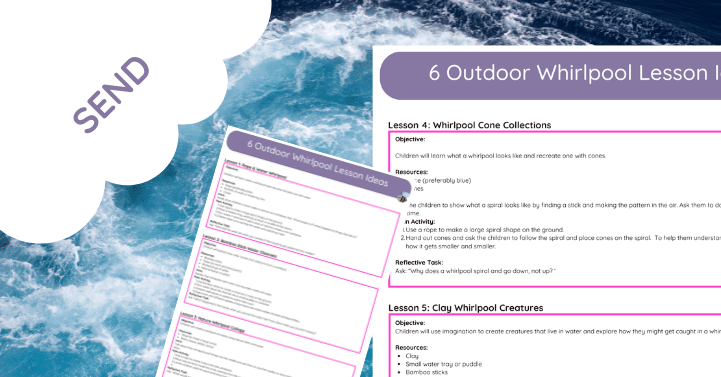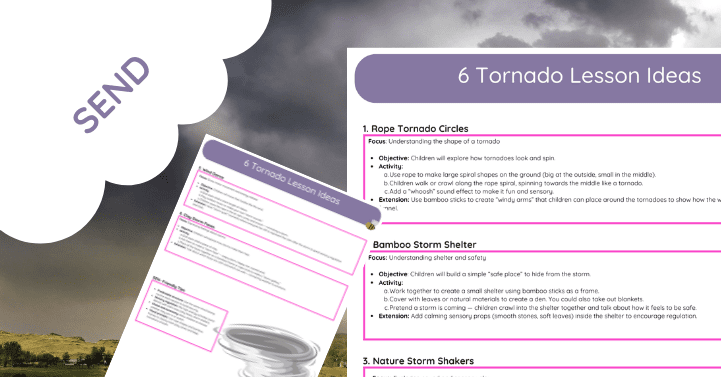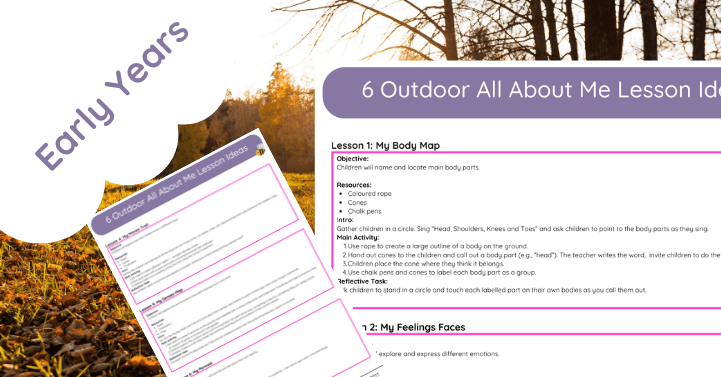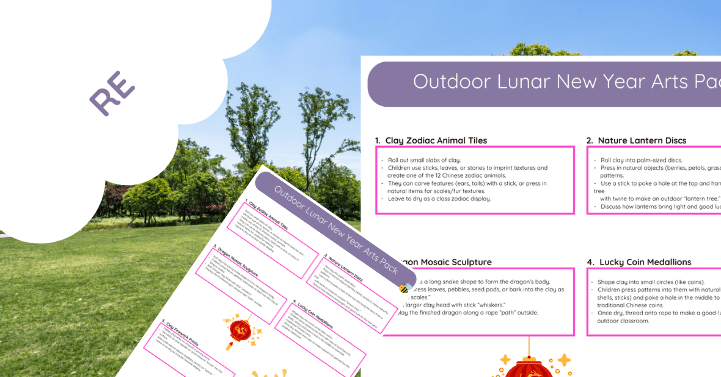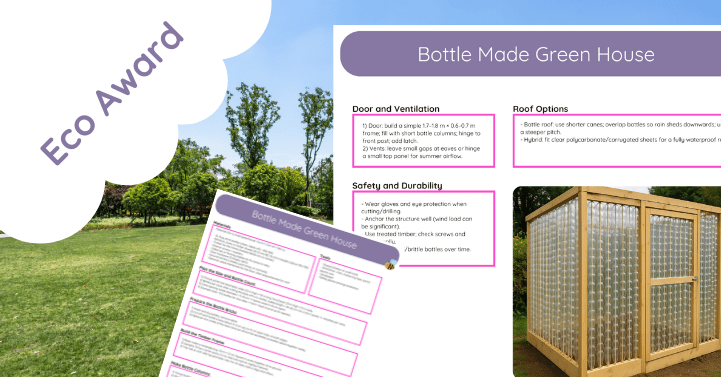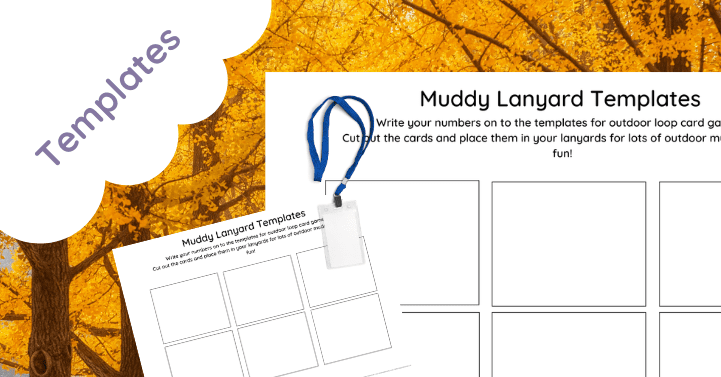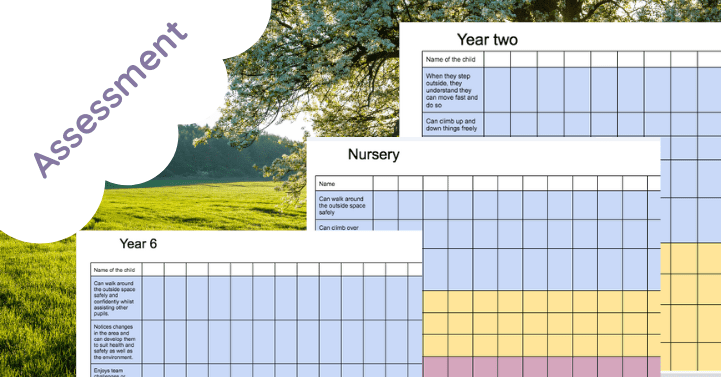Exploring the Benefits of ADHD Outdoor Therapy: A Guide for Educators and Parents
1 x Handbook with Outdoor Therapy Ideas for children with ADHD
As we learn more about ADHD and its impacts on children, educators and parents are seeking creative, effective ways to engage with and support their development. One increasingly popular approach is outdoor therapy, which combines the power of nature with therapeutic activities to improve focus, emotional regulation, and physical health in children with ADHD.
In this blog post, we’ll explore some key insights from the ADHD Outdoor Therapy Handbook and how incorporating outdoor learning can make a difference. We’ll also highlight the role of the Muddy Puddle Teacher approach in creating meaningful outdoor experiences for children.
The Power of Outdoor Therapy for ADHD
Children with ADHD often struggle with staying focused, regulating emotions, and managing impulsive behaviour in traditional indoor settings. Outdoor therapy taps into the natural benefits of the environment, using the outdoors to foster attention, reduce stress, and encourage healthy movement. Nature-based activities have been shown to boost brain function, improve mood, and help children with ADHD better manage their symptoms.
The ADHD Outdoor Therapy Handbook is a comprehensive resource for teachers, therapists, and parents, providing practical guidance on using outdoor environments as part of ADHD therapy. The handbook outlines strategies that are not only fun but also targeted to support the specific needs of children with ADHD, such as:
- Sensory Integration: Outdoor therapy activities like walking barefoot on grass or climbing on uneven terrain can help children develop better sensory processing skills.
- Mindfulness in Nature: Guided mindfulness exercises in a quiet outdoor space can improve self-awareness and emotional regulation.
- Physical Activity: Outdoor play and structured physical activities help burn off excess energy and improve concentration, making it easier for children to focus once they return to the classroom.
This handbook is an essential resource for parents and educators looking for effective strategies to incorporate into their routines. It offers a variety of activities and approaches designed to create more meaningful learning environments for children with ADHD.
The Muddy Puddle Teacher Approach
The Muddy Puddle Teacher method is an excellent resource if you’re looking for a structured way to bring outdoor therapy to life. This innovative approach centres on outdoor learning, using nature as a classroom to inspire creativity, independence, and a deeper connection with the environment.
The Muddy Puddle Teacher methodology encourages children to learn through play, exploration, and hands-on activities that promote sensory engagement and critical thinking. This can be especially beneficial for children with ADHD, as it allows them to learn in a less restrictive, more stimulating environment.
The Muddy Puddle Teacher approach also emphasizes the importance of being adaptable. Whether in a forest, park or even a small garden, this method can be customised to suit your local surroundings, making outdoor therapy accessible to everyone.
Visit the official Muddy Puddle Teacher website for more information and ideas on integrating the Muddy Puddle Teacher approach into your therapy sessions.
Integrating Outdoor Therapy in Daily Life
The structured outdoor therapy and the free-flowing Muddy Puddle Teacher approach can provide a well-rounded framework for supporting children with ADHD. Here are some practical tips for getting started:
- Create a Nature Routine: Set aside specific times during the week for outdoor activities. It could be a simple walk in the park, a sensory scavenger hunt, or mindfulness sessions in the garden.
- Make It Playful: Focus on play-based learning, allowing children to explore the environment in ways that interest them. Build outdoor sessions around the child’s energy and curiosity.
- Track Progress: Monitor how outdoor activities affect the child’s mood, focus, and behaviour. This will help you refine and adjust activities to best support their needs.


